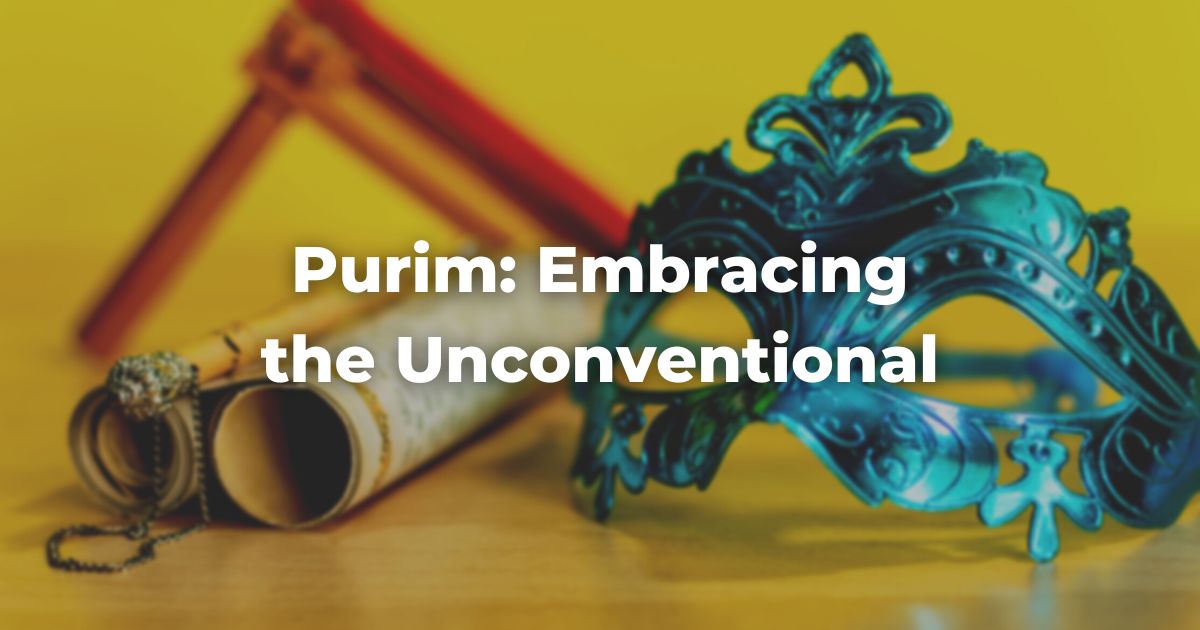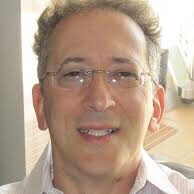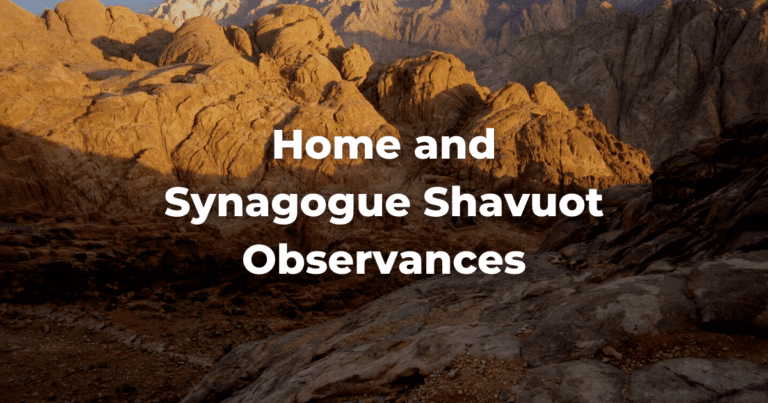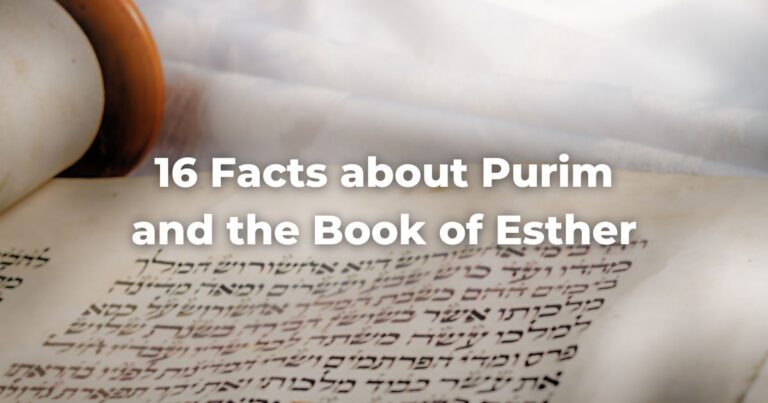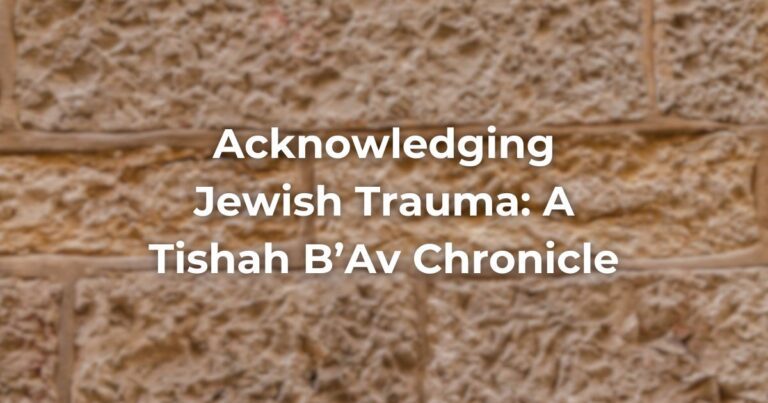Purim wins the most unconventional holiday award.
Its name is not Hebrew and refers not to G!d’s triumph, Esther’s courage, or Jewish survival but, rather, to the lots cast by the Amalekite enemy Haman to determine exactly when our people would be destroyed.
We are commanded to wipe out the memory of the Amalekites, but the name and celebration of Purim actually ensure that that memory is actually perpetuated. The use of the name Purim, then, when you really think about it, capitulates to the antisemites themselves.
Moreover, the major figures of the Purim tale are not what our community often promotes.
Esther and Mordecai are so assimilated that their names recall not ancestors or heroes but Mesopotamian gods—Ishtar and Marduk, respectively.
The text admits that Esther’s Hebrew name is Hadassah–and then proceeds to never use that name again, even after the threat of Haman has passed. Judaism promotes inner beauty and personal modesty, yet Esther enters a beauty contest in which each contestant spends a night with the king.
Even more troubling, our first vision of this ruler is that he throws drinking parties that last six months at a time and lets others manipulate and control him. Nonetheless, Esther marries this man—and so winds up living in a very non-Jewish milieu where kosher food was unobtainable.
Indeed, Esther does not let on that she might want any, as she never bothered to tell anyone at court about her faith and heritage.
Mordecai’s Jewish identity, too, appears somewhat marginal. His main, vain, concern seems to be his job within the royal administration*. Rightly disappointed when he is not promoted, he refuses to acknowledge Haman’s promotion: He alone refuses to bow and accord the new prime minister any respect, even flouting federal law.
When trouble comes for his people, he does not warn anyone connected with the Jewish community, neither a rabbi nor a Federation president. No prayer is explicitly evoked and, indeed, G!d’s Holy Name is never mentioned, even by the narrator. Concern for the Land of Israel is palpably absent. Indeed, the only reference to Eretz Yisrael is the brief “from Jerusalem” in reference to Mordecai’s background.
Nonetheless, Mordecai, so careful to instruct Esther not to reveal her Jewish identity, nevertheless has no problem revealing his own.
He is known to all as “Mordecai the Jew,” and when the danger to the Jewish people becomes apparent, he puts on the customary Jewish mourning garb and goes to the street in a very public protest.
The Jewish community hovers in the background as a solid, self-aware, committed community.
Esther directs Mordecai to go to the community for solidarity and spiritual strengthening. And even Haman recognizes that these “assimilated” Diaspora Jews form a discrete group with distinct customs and culture.
Yet, Purim’s unexpected heroes are not those studying in the Beit Midrash or those who punctiliously follow halacha (Jewish law).
Rather, it is given to Mordecai and Esther—the assimilated Jews with unconventional lives—to save the day.
Consider: Esther shows that someone who herself chooses not to have children can yet work actively to secure a Jewish future. Mordecai, so caught up in his pursuit of Gentile recognition and status, nonetheless stands up proudly as a Jew whenever it matters. Mordecai does have children but through adoption as a single male.
Thus Judaism, an unexpected phenomenon on the world scene, continues to promote the unexpected and the unconventional.
Indeed, Judaism’s arc over time has been toward more diversity and greater inclusion, breaking down barriers of lineage, class, ethnicity, culture, gender, sexuality, and other identity markers.
How radical: Instead of categories and neat little boxes, Judaism insists on the worth of every single individual.
So, to the degree that we live up to our true individuality, we demonstrate more and more of the Divine spark planted within us. Individuality and unconventionality are the norms that our Tradition celebrates on Purim.
When Jewish tradition speaks of the power of community, it never meant to suppress individuality and non-conformism but, rather, to embrace and integrate them.
Indeed, Purim suggests that the survival of our people is tied to our embrace of unconventionality and of every person’s infinite discrete worth.
True, the sociological construction of the Jewish community has not always lived up to this promise: The impulse for unconventionality sometimes does gets stifled.
But this is why Purim remains always relevant and vital.
Purim thus rightly celebrates not the pious or the typical but the unexpected in life. And that resides in all of us.
Most of us probably have more of ourselves hidden than we reveal. The masks of Purim symbolize our quotidian existence, but Purim encourages us: Each of us can dare to be more of ourselves; express our Jewishness proudly—but on our own terms; be gifts to the community we connect with—but without letting the community swallow up our uniqueness; let our light shine a little more brightly; uncover our courage; and do acts of selfless greatness.
And we as a community can honor not only those who “play by the rules” but those among us whose connection and participation enrich us in unanticipated ways.
The heroes of the Purim story, Mordecai and Esther, are status-seeking, self-indulgent assimilationists who participate in non-traditional families with issues of, among other things, alcoholism and codependency.
Nonetheless, they emerge from such a milieu to ensure our survival; forward our mission; create new holy days, ritual, and law; and remind us of truly urgent matters, loftier concerns, and higher purposes. They thus serve as role models that we must take people for who they are and encourage people to be themselves.
Perhaps we should start with ourselves.
And so as we dress up and chant the Megillah, maybe, just maybe, we should be concerned less with who has donned the best-looking mask, but who, after hearing the sacred story told once again, will be the first to start taking theirs off.
Chag Purim Samei-ach! A joyous, meaningful Purim!
*In context, the reason that Mordecai does not bow down to Haman seems to be resentment that Haman got the promotion that Mordecai felt he deserved. Cf. Esther 2:21-3:2.
Author
-

Rabbi Dr. J.B. Sacks (he/him) is the spiritual leader of Congregation Beth Shalom (Palm Desert, California). The first openly LGBTQ+ rabbi in the Conservative Movement, Rabbi Sacks is an advocate for inclusion in Jewish life and social justice. His most recent publication is Psalms in the Key of Healing. Rabbi Sacks is the eighteenth generation of rabbis on his mother’s side and lives with his husband Steven Karash in Palm Desert, California. They have an adult son, Evan.
View all posts

